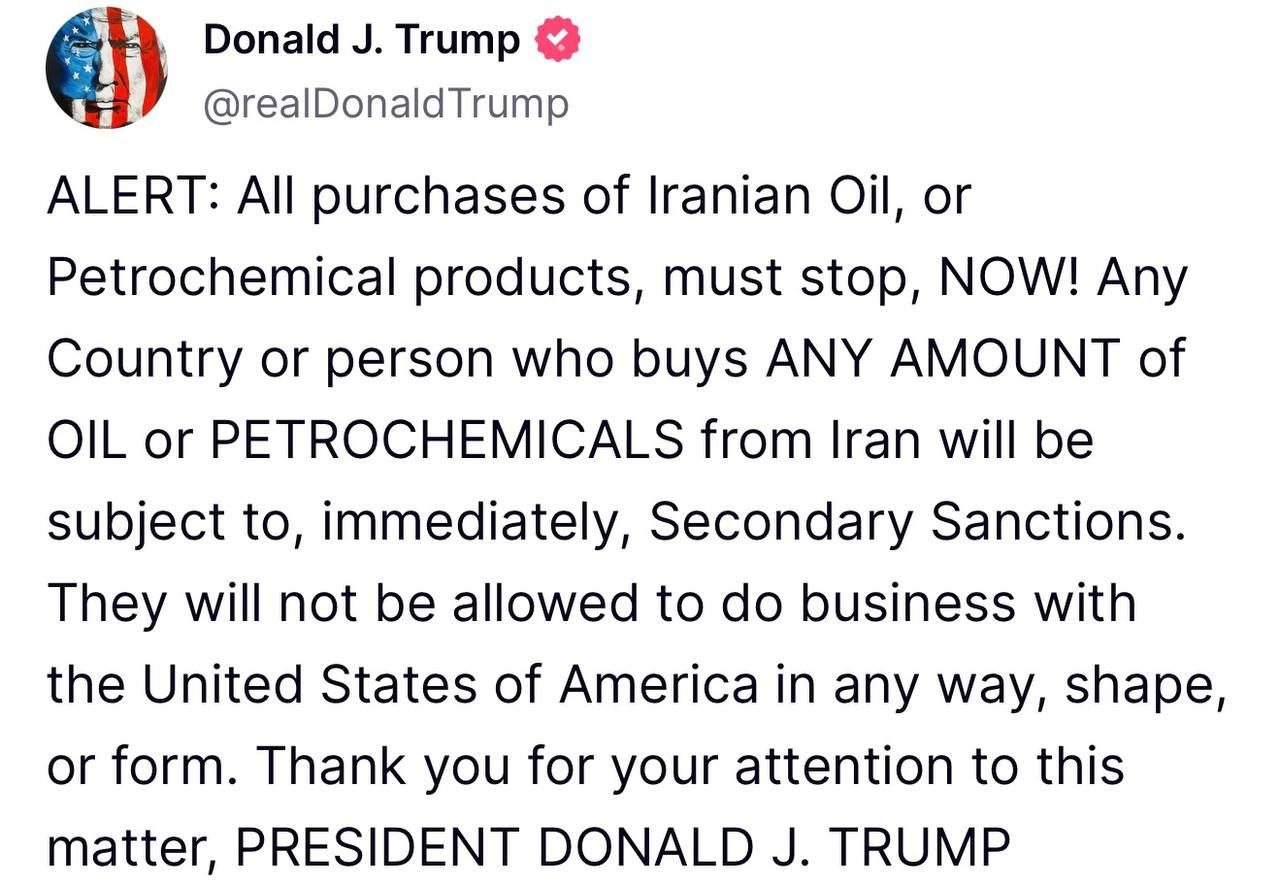Death Threats and Deadlocks: U.S.-Iran Nuclear Talks Begin Under a Cloud of Vengeance
Executive Summary
U.S.-Iran nuclear negotiations, already strained by shifting demands and a hostile regional climate, are now overshadowed by incendiary rhetoric from Tehran. Kayhan editor Hossein Shariatmadari, a close associate of Supreme Leader Ali Khamenei, publicly reaffirmed Iran’s vow to assassinate former President Donald Trump for the 2020 killing of General Qassem Soleimani, framing it as a sacred religious obligation. As the rhetoric heats up, actual talks—intended to prevent a nuclear escalation—have been postponed amid threats from both sides. While Iran decries U.S. hypocrisy and insists enrichment is non-negotiable, Washington issues its own warnings over Tehran’s support for Yemen’s Houthis. The result is a grim diplomatic theater where death threats and red lines take precedence over diplomacy.
Analysis
The May 2025 U.S.-Iran nuclear talks are teetering under the weight of threats and contradictions. What was supposed to be a fourth round of indirect negotiations in Rome has now been indefinitely postponed, with both sides blaming “logistics.” Yet the deeper issue is unmistakable: escalating hostility. Iran’s regime media have reignited their vendetta against former President Donald Trump, with Shariatmadari, a trusted voice of Khamenei, publishing a satirical yet pointed call for his assassination. He invoked religious doctrine and past statements by the Supreme Leader to defend his claim, calling vengeance an inevitable duty.
Simultaneously, Iran’s leadership insists its nuclear enrichment program—already at 60% U-235—is non-negotiable. While the U.S. envoy Steve Witkoff initially signaled willingness to accept limited enrichment, he later reversed course, joining officials like Secretary of State Marco Rubio in demanding Iran eliminate enrichment altogether. This erratic messaging has only fueled mistrust from Tehran, which continues to accuse the U.S. of supporting Israeli aggression and backing militant groups like the Houthis to destabilize the region.
Adding to the volatility, Defense Secretary Pete Hegseth issued a blunt threat to Tehran for its “lethal support” of the Houthis, warning that Iran would “pay the consequence at the time and place of our choosing.” In response, Iran’s Foreign Ministry condemned the U.S. as provocateurs and pointed to its own readiness to retaliate militarily.
Despite public assertions of progress in earlier rounds, it is clear that a viable deal remains elusive. The International Atomic Energy Agency (IAEA) has cautioned about the short time window available to verify any future agreement. Meanwhile, political hardliners in both Iran and Israel are undermining prospects for compromise, with Netanyahu insisting that any deal must lead to a complete dismantlement of Iran’s nuclear capability.
The specter of military conflict looms large, especially as both nations lean on maximalist positions—America demanding zero enrichment and Iran invoking divine retribution. That a senior Iranian journalist can publicly promise assassination and still be lauded as patriotic speaks to the depth of ideological rigidity and signals peril for diplomacy. For now, threats, not treaties, define the U.S.-Iran nuclear standoff.


